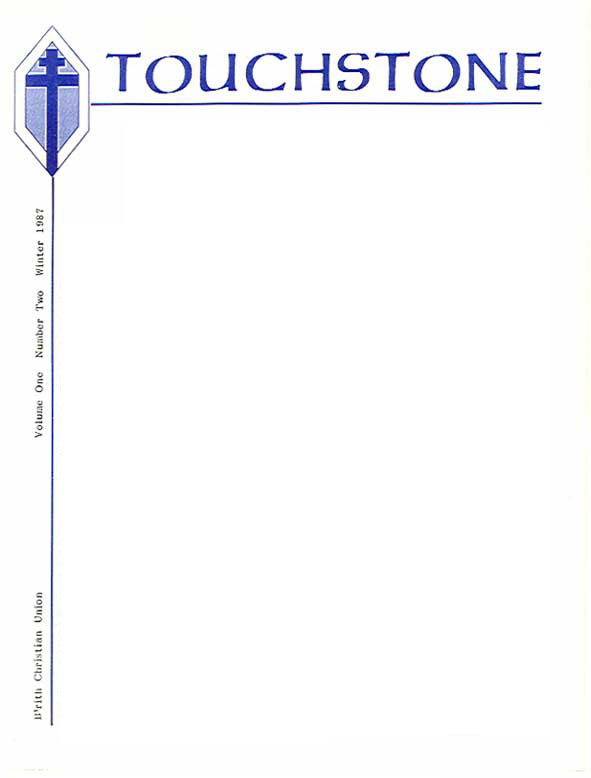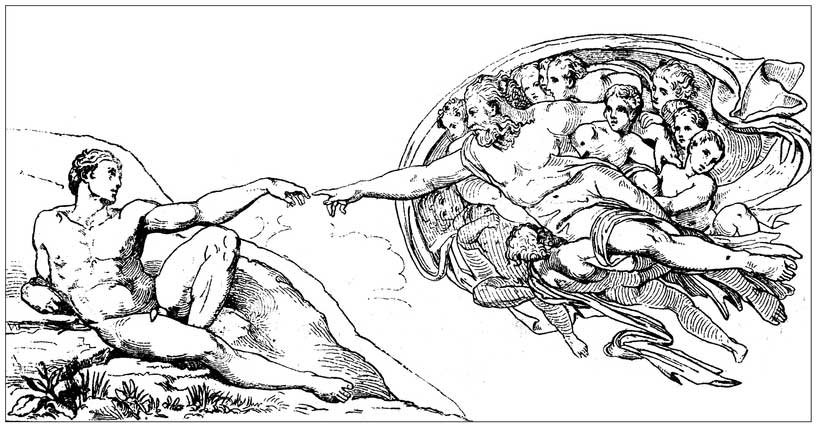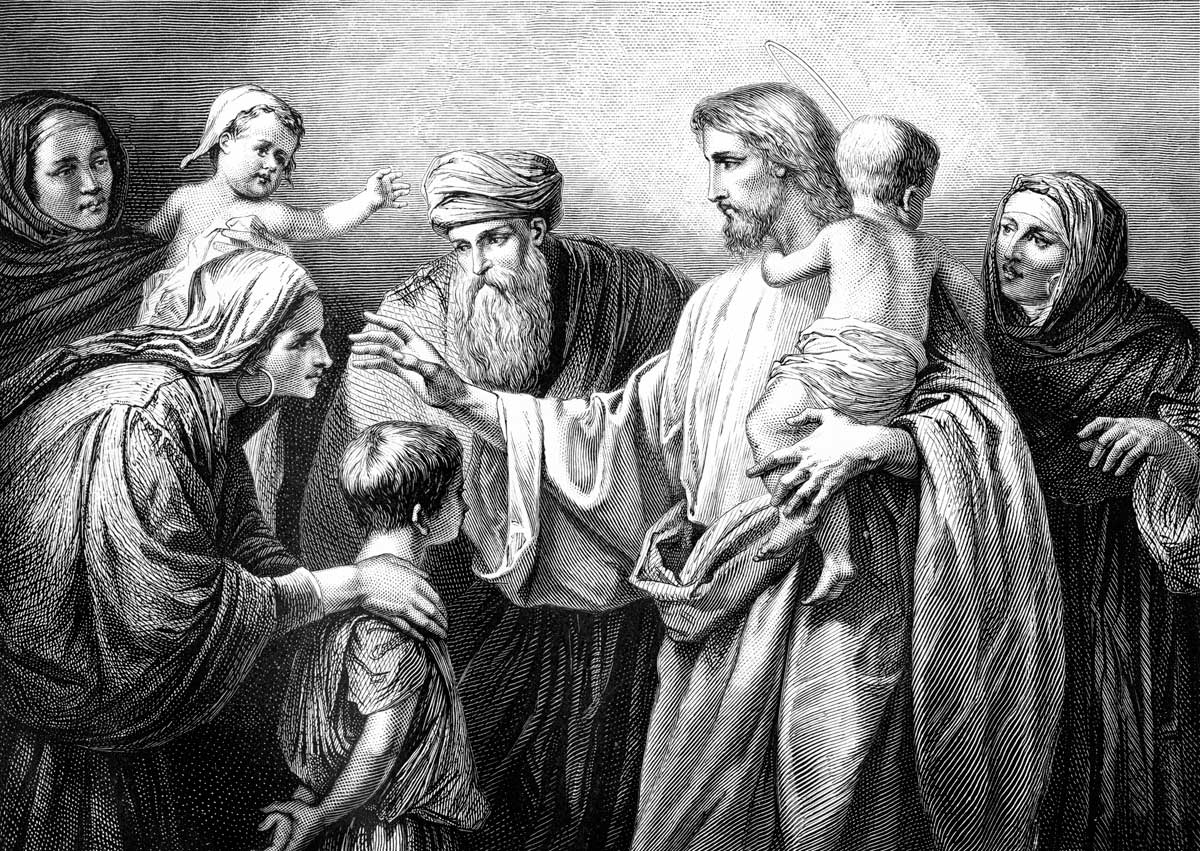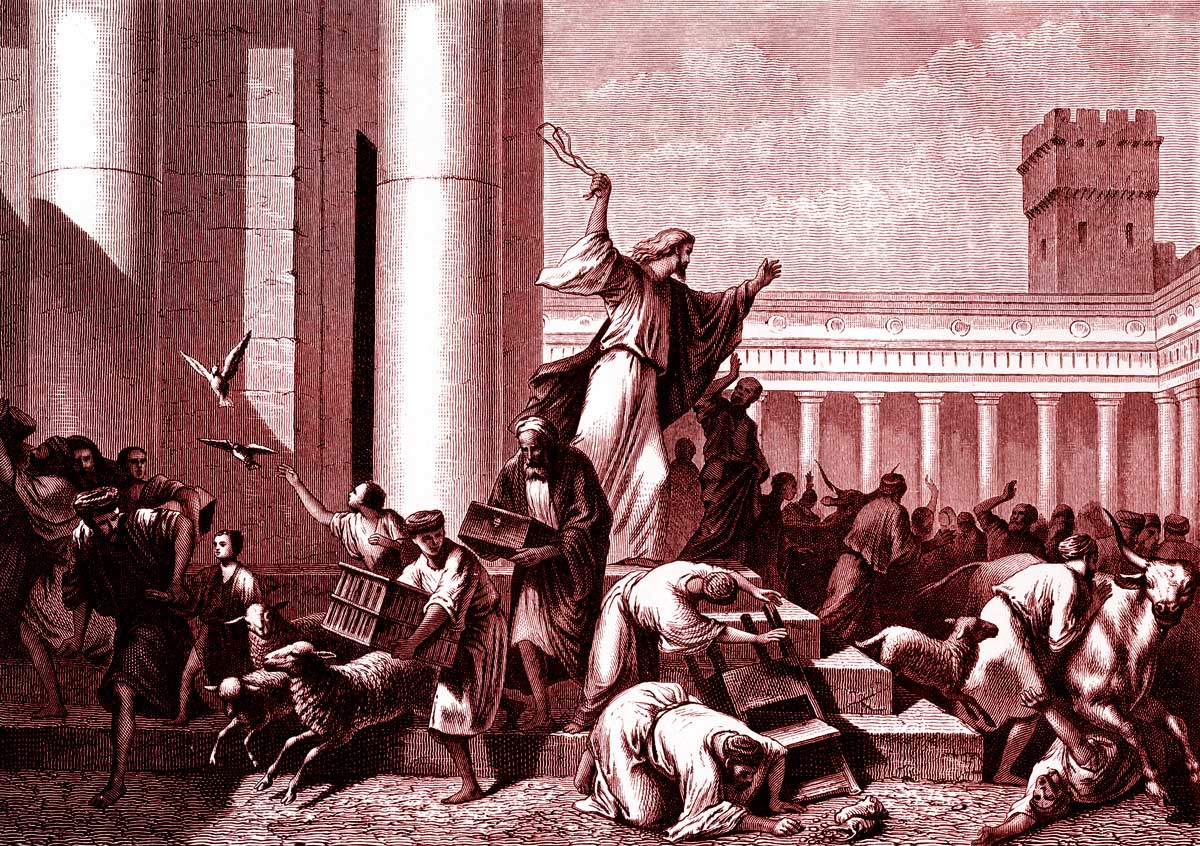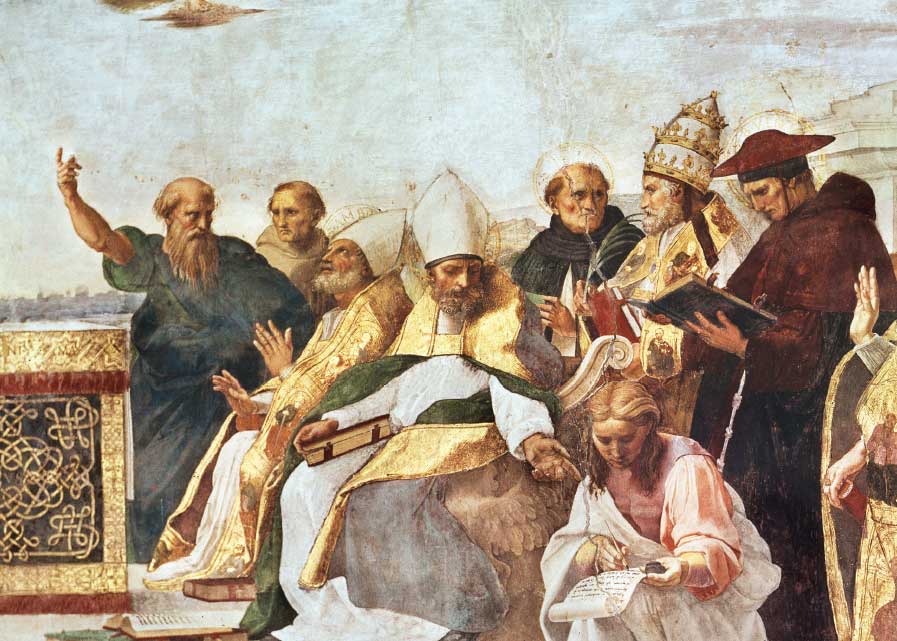Feature
The Christian Fast
A Twentieth Century Reconsideration
“Let us say something about fasting, since very many, while they do not understand how useful it is, regard it as not very necessary; others also, considering it superfluous, completely reject it. And, since its use is not well understood, it can easily lapse into superstition.”
Things have not changed much in the four hundred years since this criticism was made, not by a rigorist Catholic teacher, but by the Protestant reformer John Calvin. Practices on fasting range from overzealous abuse to rejection regardless of denominational boundaries. The topic of fasting is not high on the list of burning issues; I cannot remember the last time I heard a heated debate about it. However, if we consider a fasting from both a biblical and rational perspective, its proper use and potential significance should cause us to rethink our twentieth century practices.
Fasting in the Scriptures
Fasting is found in both the Old and New Testaments. In the Old Testament it was practiced under a variety of circumstances. Moses and Elijah fasted for forty days before encountering the God of Israel. Hannah, the mother of Samuel, simply refused to eat because of her perturbation at being childless. King David fasted as he sought from God the life of his dying child. Fasting was specifically enjoined upon the whole nation of Israel in preparing for the Day of Atonement. Other regular fast days were observed to mark anniversaries of catastrophes, such as the destruction of the first Temple. (See Zech. 8:19) The Old Testament prophets were concerned about the integrity of the observed fasts: Isaiah rebuked the people for their worthless fasting (Is. 58), as did Zechariah (Zech. 7:6). Fasting in principle was never discouraged, but it was always to be accompanied by proper motives and actions. It is clear that fasting was a regular practice of piety and often joined with prayer in the seeking of God. By the time of the New Testament this had been well established.
In the New Testament, Christ himself fasted forty days. Anna served God with “fastings and prayers” (Lk. 2:37). The apostles fasted in the Book of Acts on several occasions (13:2,3) and 14:23). But was fasting intended to be a part of the religious practices of the Christians? Beyond these simple mentions of fasting, there are two instances of Jesus’ teaching which should be considered in the face of any prejudice against fasting. In speaking of how to fast properly, there is in the Sermon on the Mount (Matt. 6:17-18) an assumption that fasting is a proper and normal practice. And in Matthew 9:15, Jesus states, “Can the wedding guests mourn as long as the bridegroom is taken away from them, and then they will fast.” There is the implication here that his followers would legitimately and necessarily fast. Fasting was a regular practice in subsequent generations. This is an undoubted point of fact. So, it would be irresponsible to reject the principle of fasting as “unbiblical.”
Eating and the Meaning of the Fast
Why all the fuss about food? Before we can fully appreciate the scriptural meaning of fasting today, some basic views about eating in general should be examined. No matter how trivial eating seems to us, how and in what circumstances we do it matters to God. Just as with fasting, the eating of food is linked at times with wrong attitudes and the practices of the impious—when such eating is done without gratitude, with inordinate craving, with selfishness, or with overindulgence. To take just a few examples: Esau lost his blessing because he craved the food of his brother Jacob more than the spiritual blessing of his birthright; Israel tested God sorely because they craved food in the wilderness; in Ezekiel, Sodom is said to have suffered because they had “surfeit of food” and did not share with the hungry; in Jesus’ parable the rich man lived “in luxury every day” while the beggar Lazarus longed to eat the scraps which fell from his table. But there is also an approach to food that is pious: Jesus taught us to pray to God for “our daily bread”; in the Psalms it is God who “gives food to all flesh.” Israel was allowed to hunger in the wilderness to learn “that man does not live by bread alone, but that man lives by everything that proceeds out of the mouth of God.” The fast can be seen to have a role in disciplining our appetites and in teaching us about our dependence upon God. Without this knowledge, without gratitude, and without moderation, there is nothing in our use of our God-given appetites that sets us apart from the animals.
Exactly what is the genius of fasting? As an aid to prayer its value should be evident. If used properly, it may serve as a reminder and help in focusing one’s thoughts toward God. The pangs of hunger can place a restraint upon the shifting, drifting consciousness of God that most of us experience. If we fast, we will be aware of our deprivation often and, hopefully, reminded of why we are fasting in the first place. It is meant to sharpen our soul’s desire for God. The lesson “that man does not live by bread alone, but that man lives by everything that proceeds out of the mouth of God” is taught in a tangible way. From there we should turn to the Lord in prayer.
But can we look at fasting isolated from prayer? Does fasting have any intrinsic value in and of itself or is it simply a valuable tool or aid for prayer? Jesus himself treats fasting separately and speaks of it having its own reward when done properly:
But when you fast, anoint your head and wash your face, that your fasting may not be seen by men but by your Father who is in secret; and your Father who sees in secret will reward you (Matt. 6:17-18).
James M. Kushiner is the Director of Publications for The Fellowship of St. James and the former Executive Editor of Touchstone.
bulk subscriptions
Order Touchstone subscriptions in bulk and save $10 per sub! Each subscription includes 6 issues of Touchstone plus full online access to touchstonemag.com—including archives, videos, and pdf downloads of recent issues for only $29.95 each! Great for churches or study groups.
Transactions will be processed on a secure server.
more on christianity from the online archives
more from the online archives
calling all readers
Please Donate
"There are magazines worth reading but few worth saving . . . Touchstone is just such a magazine."
—Alice von Hildebrand
"Here we do not concede one square millimeter of territory to falsehood, folly, contemporary sentimentality, or fashion. We speak the truth, and let God be our judge. . . . Touchstone is the one committedly Christian conservative journal."
—Anthony Esolen, Touchstone senior editor





